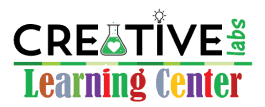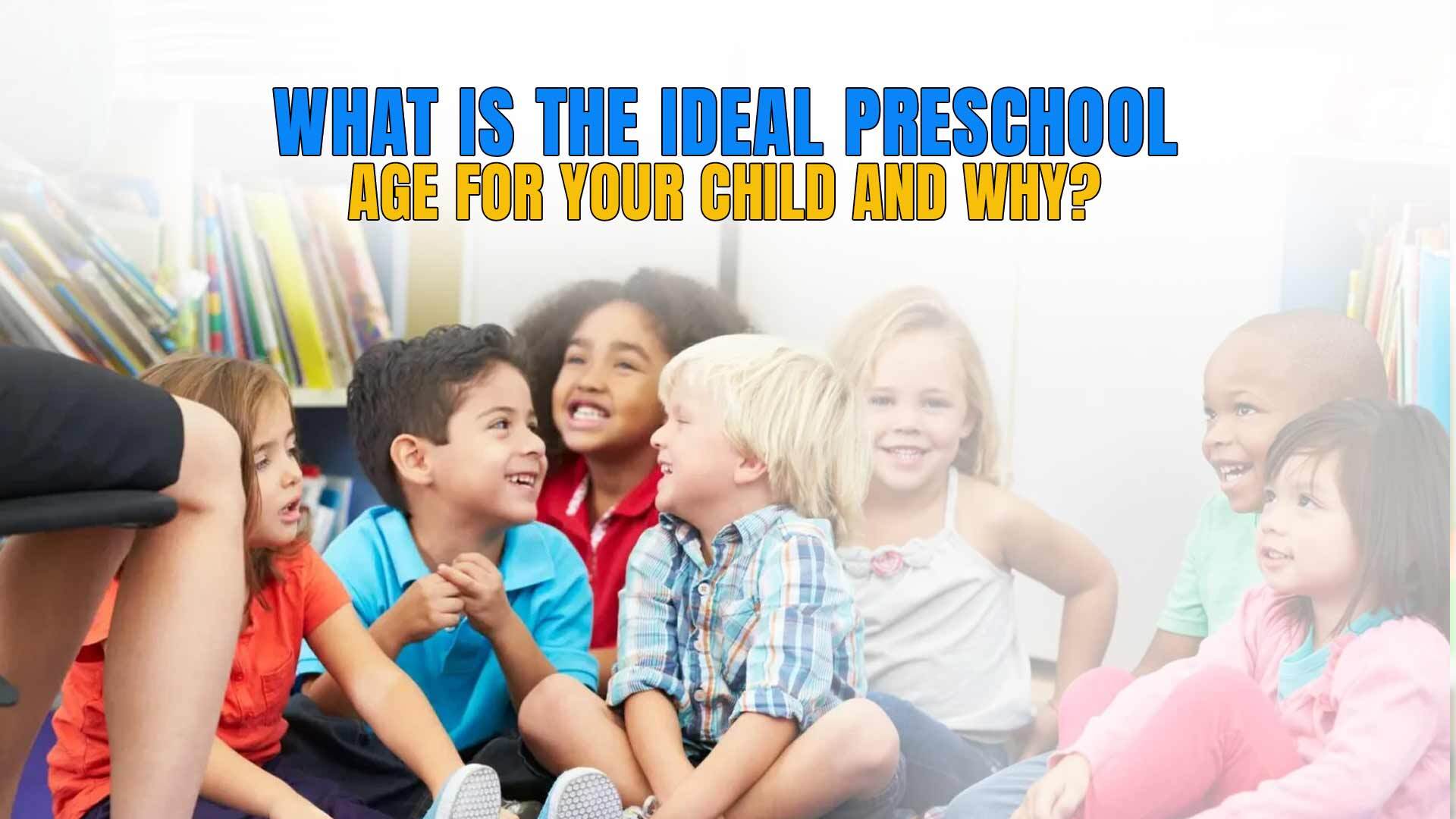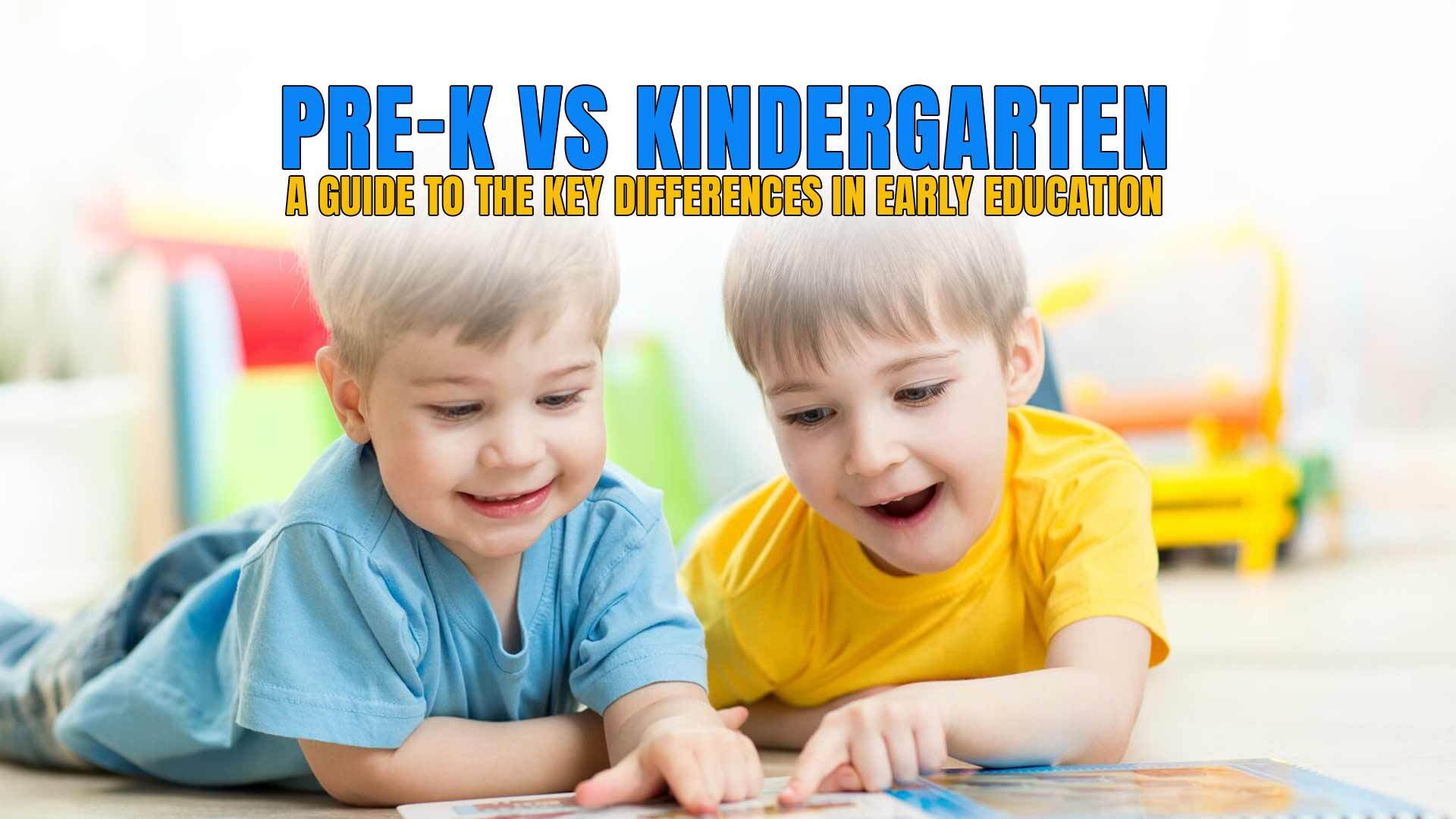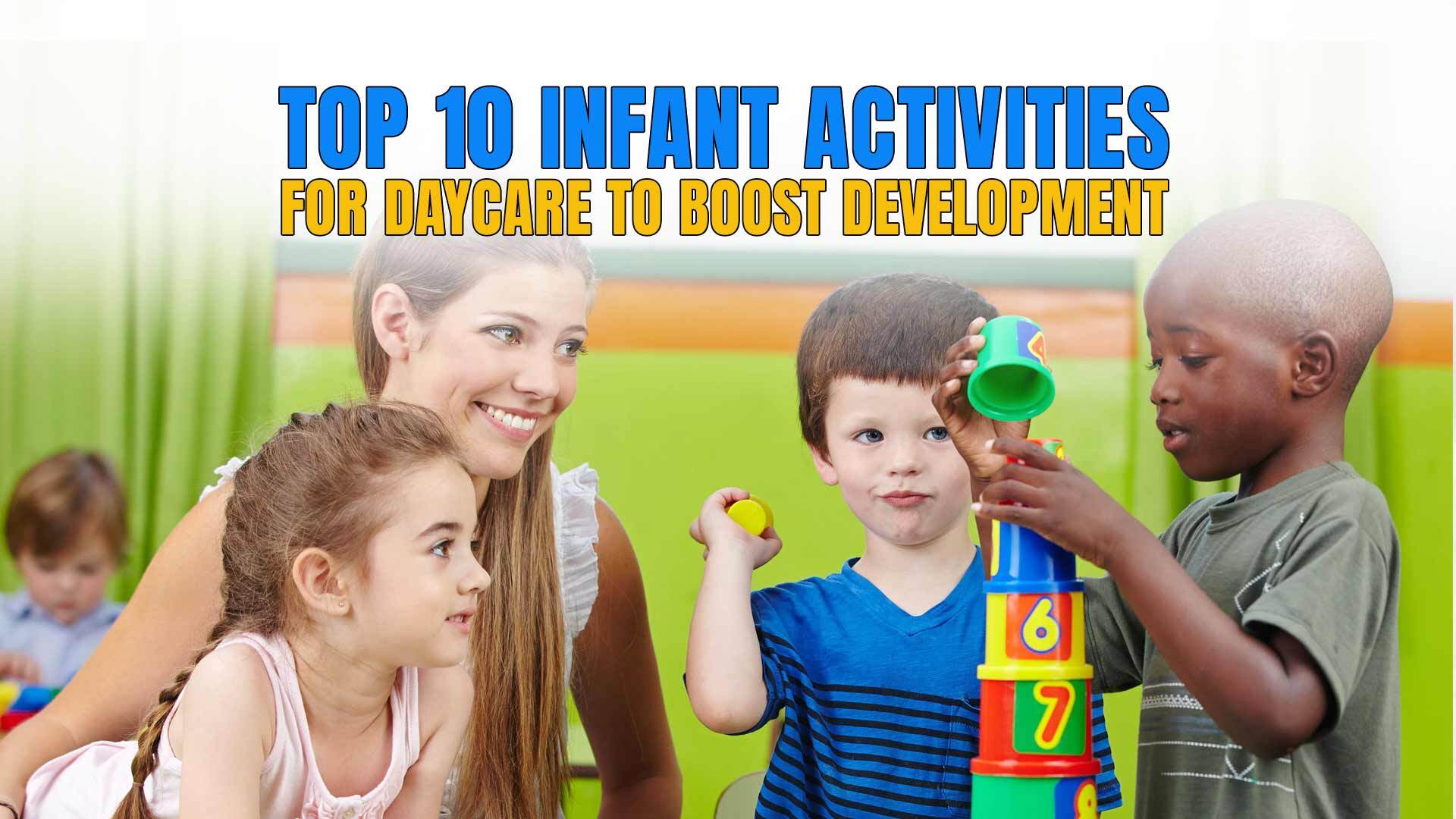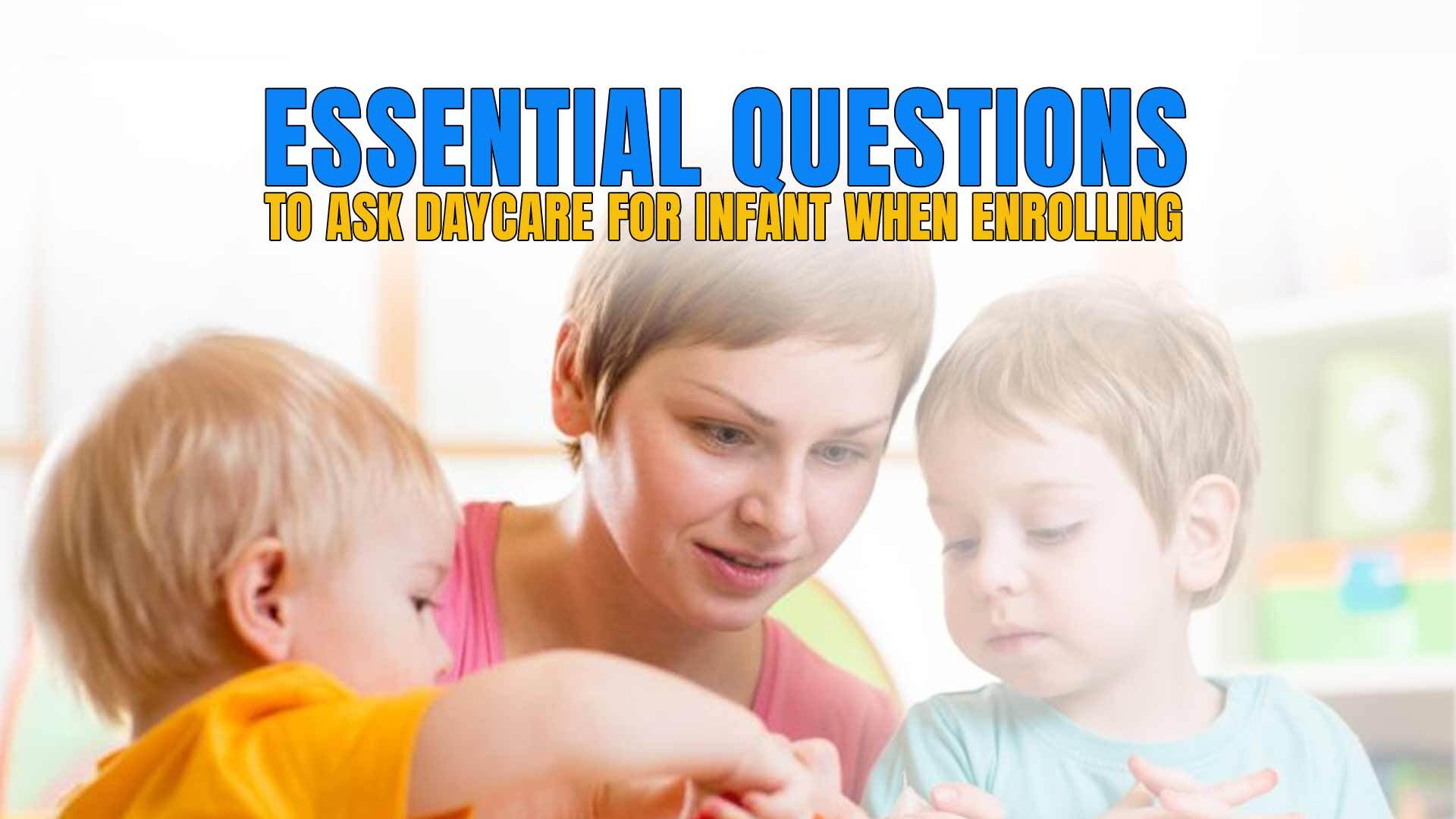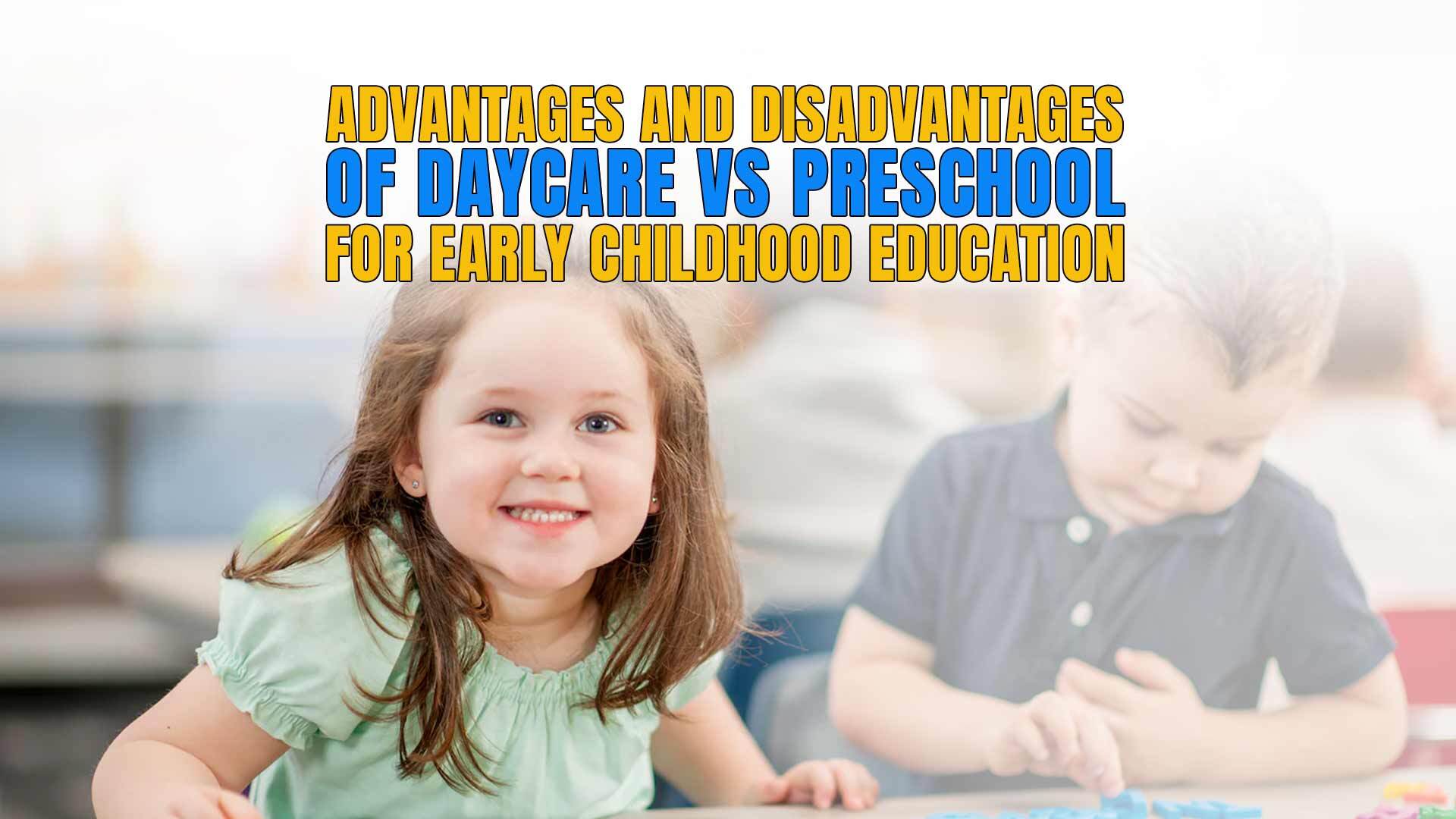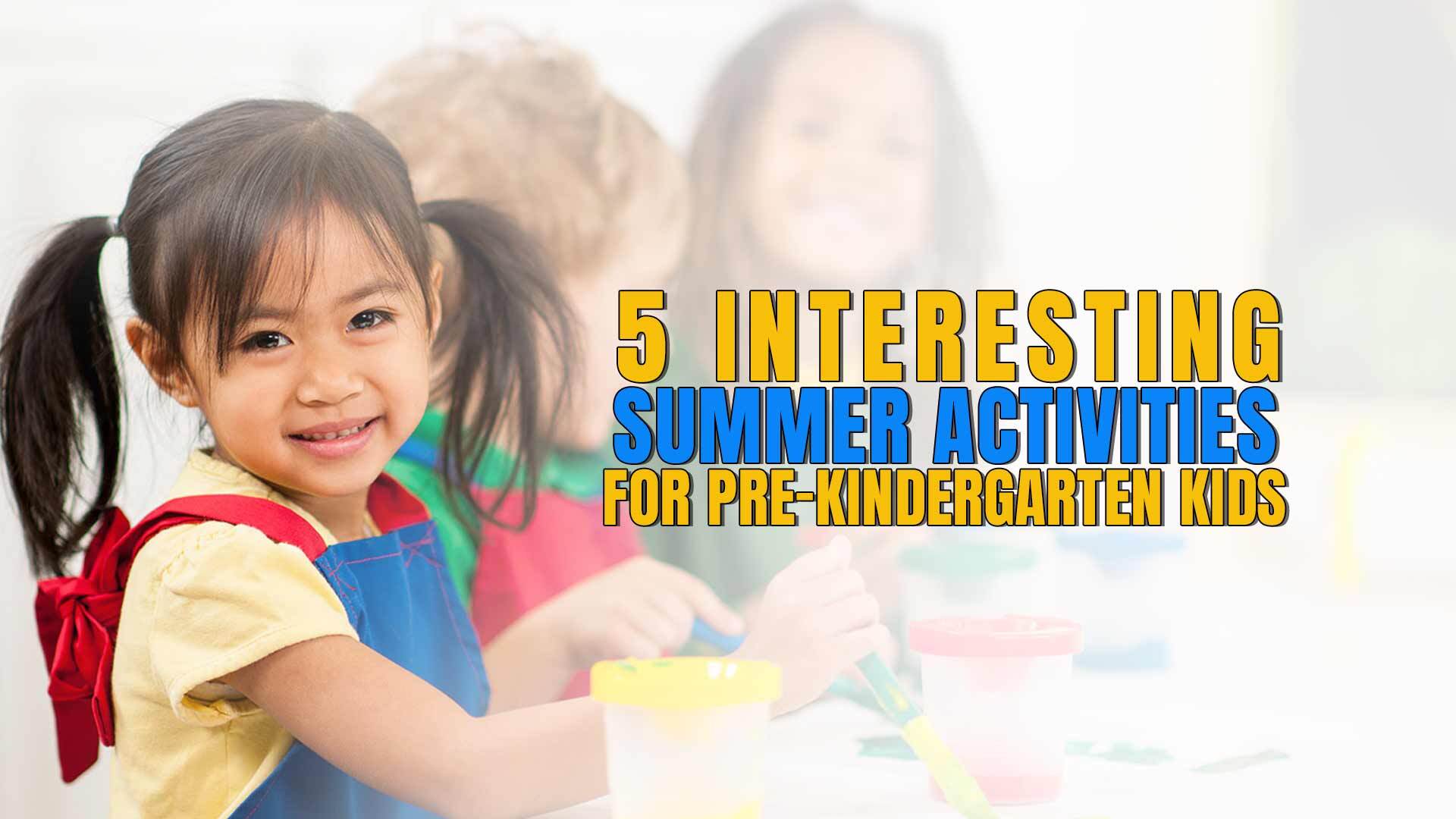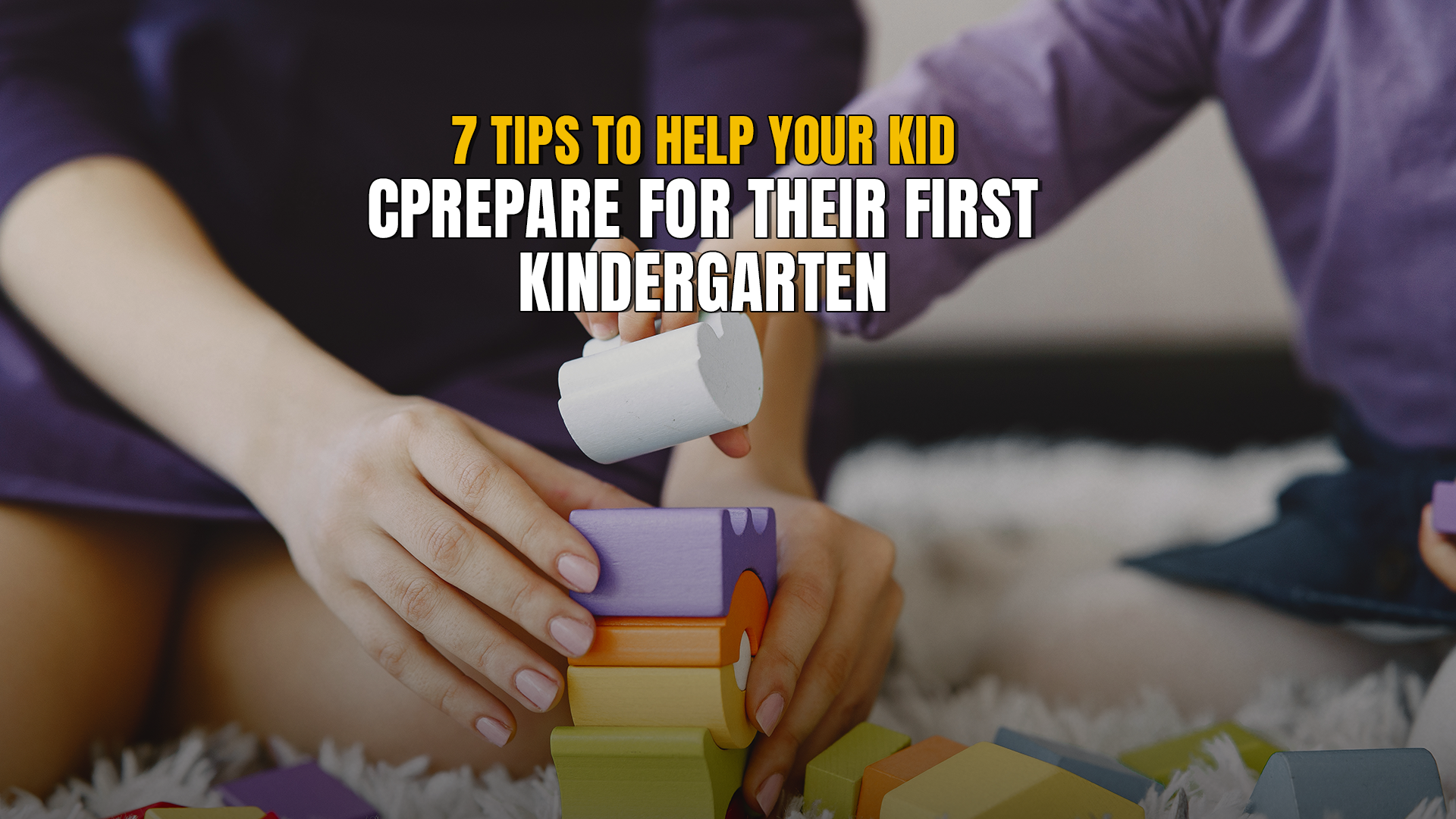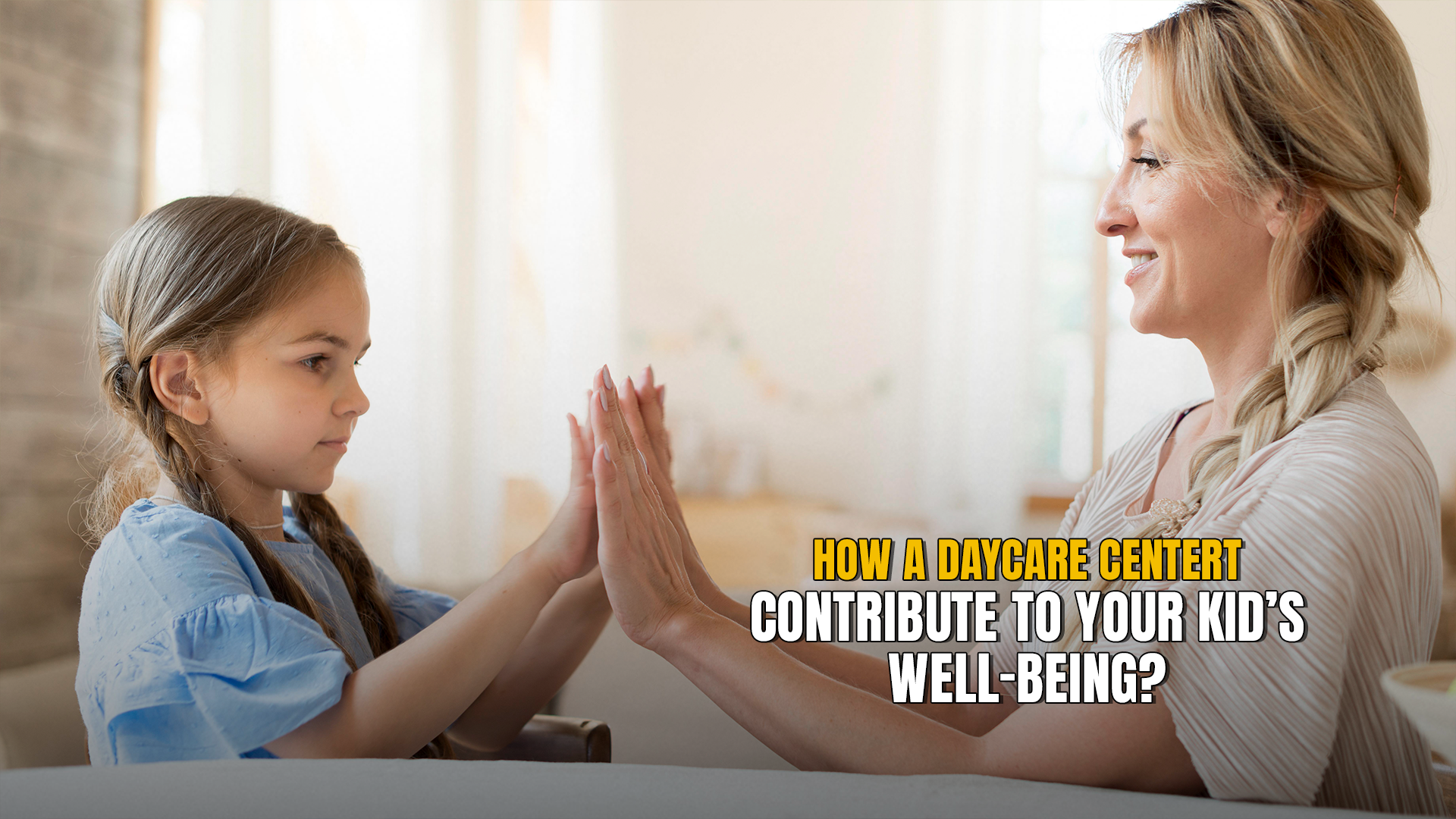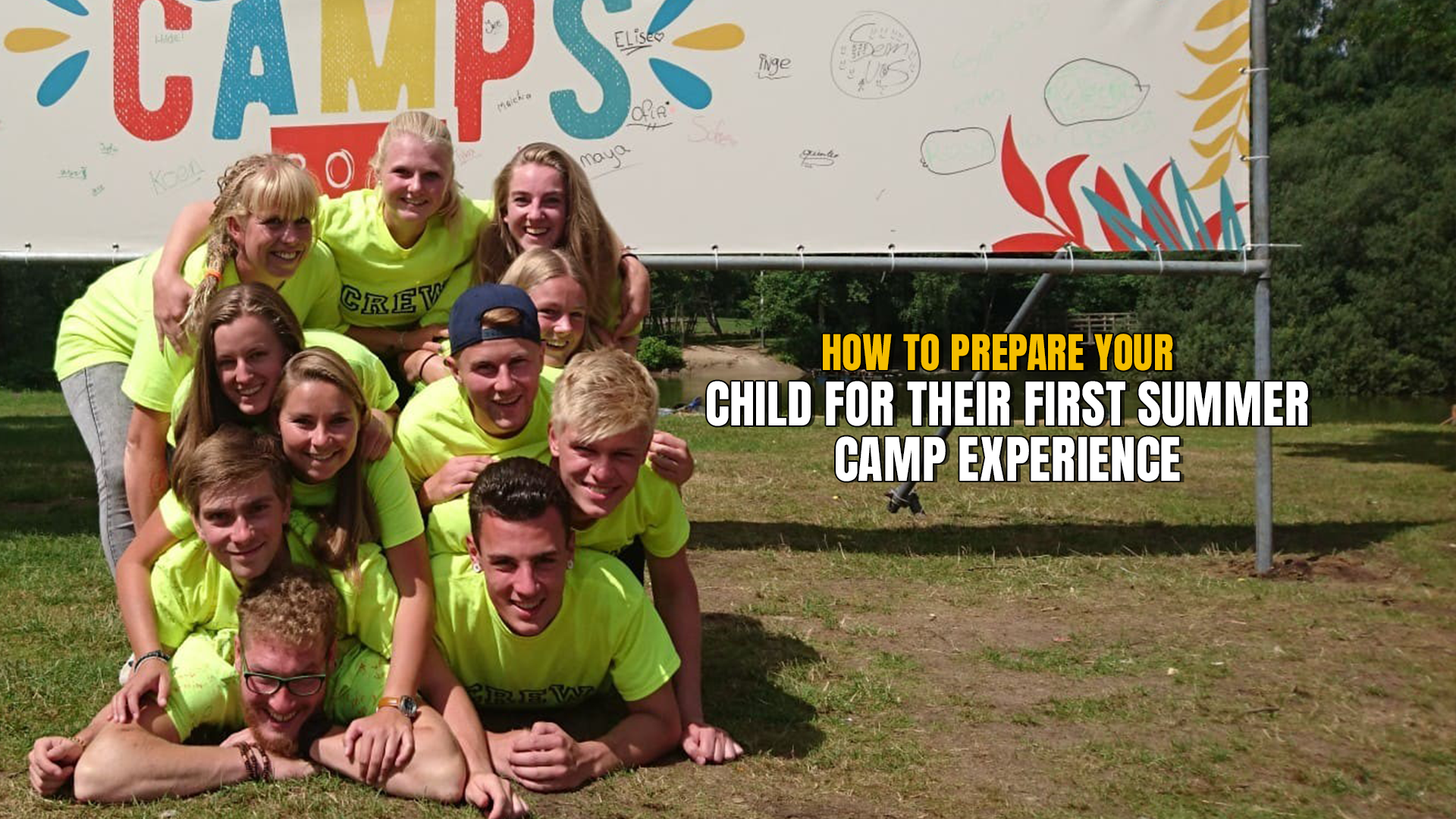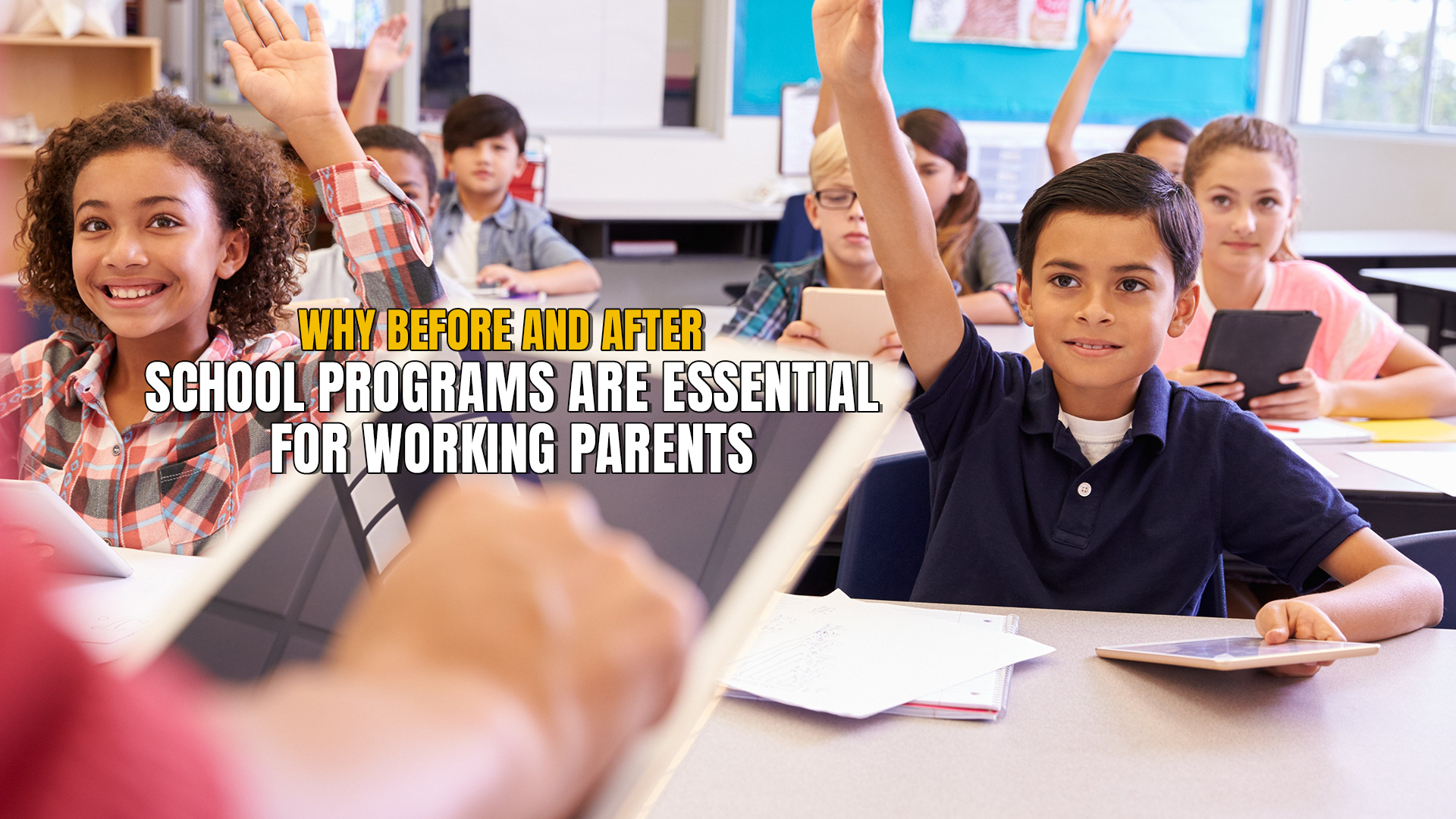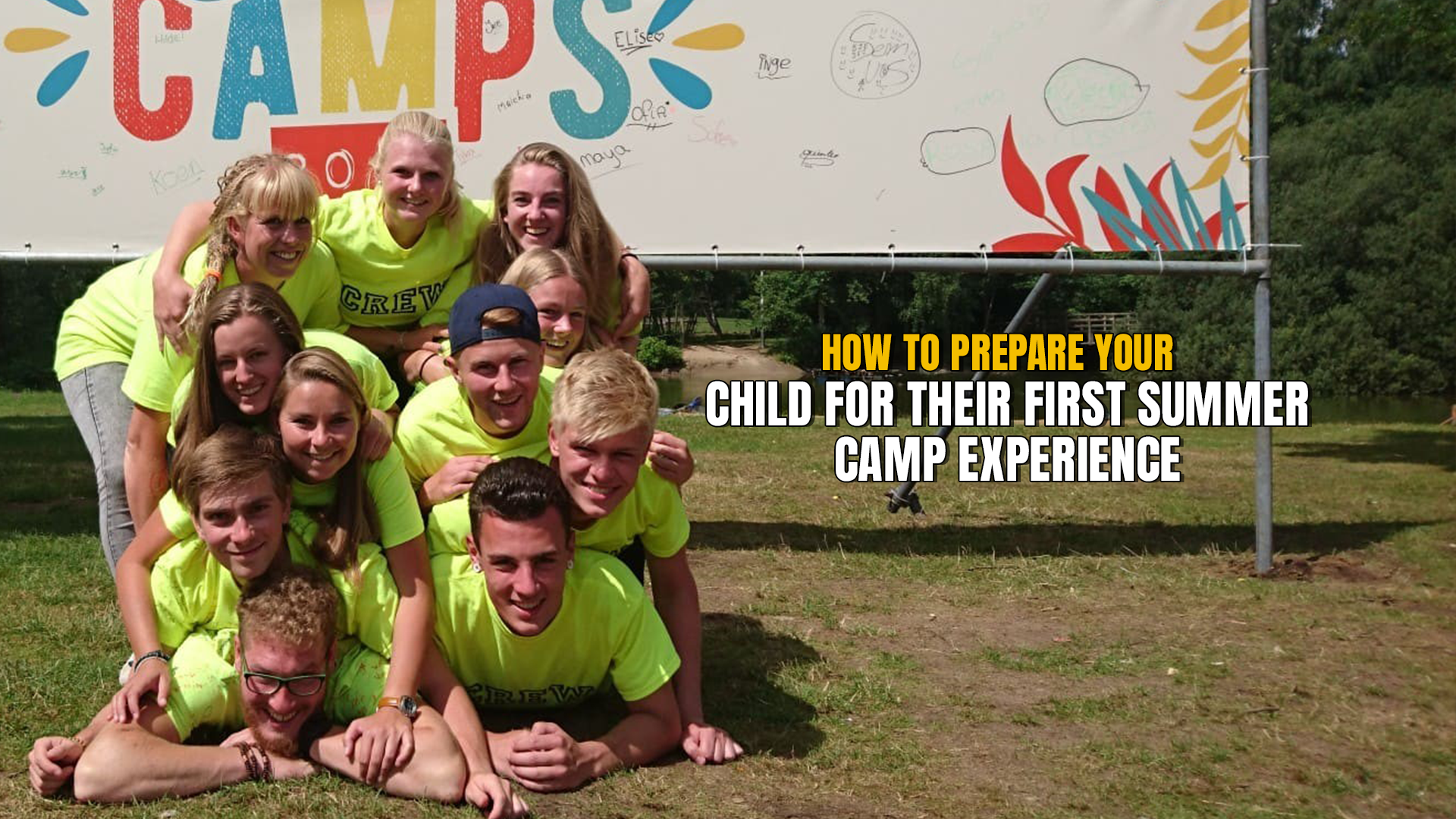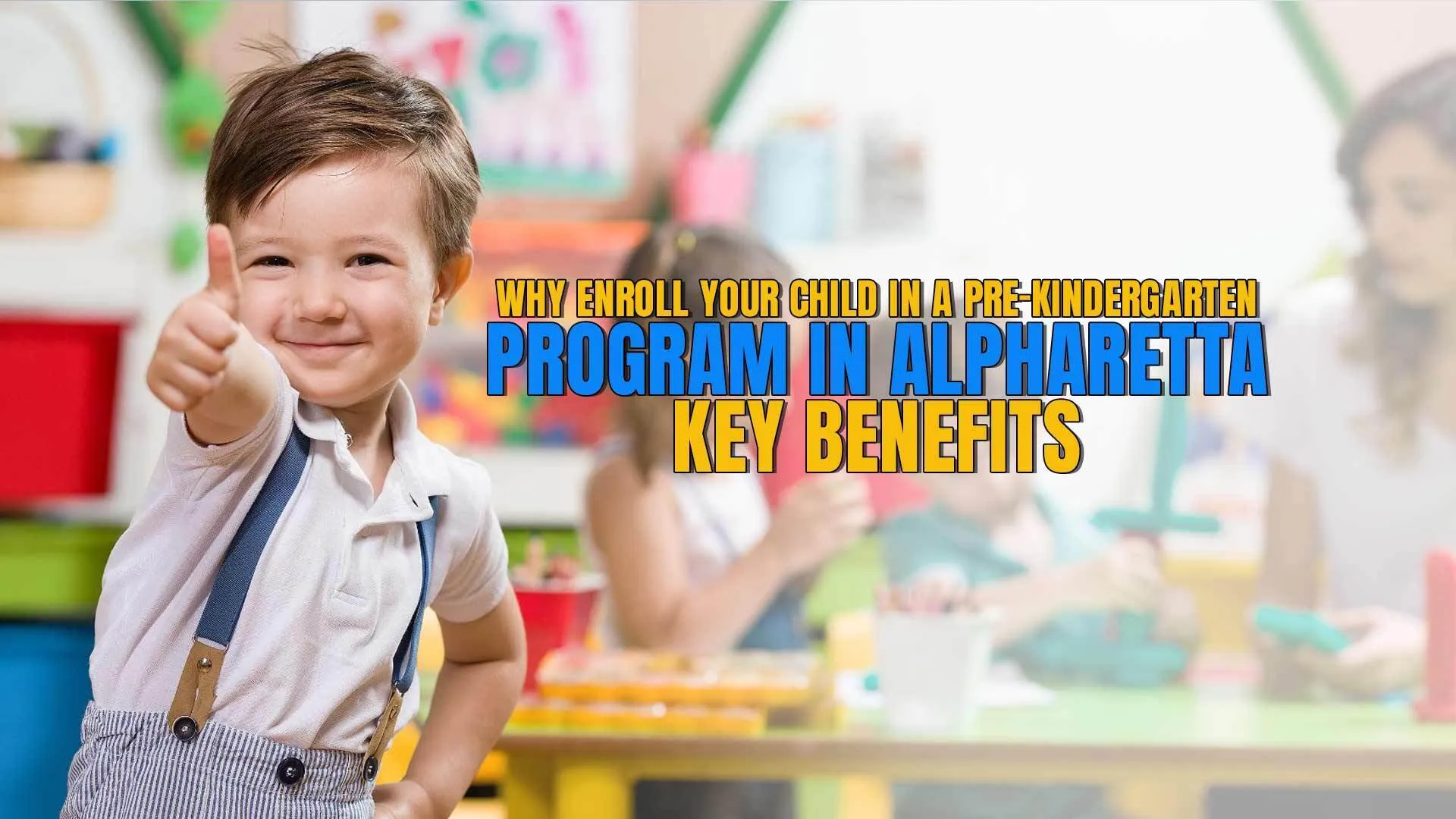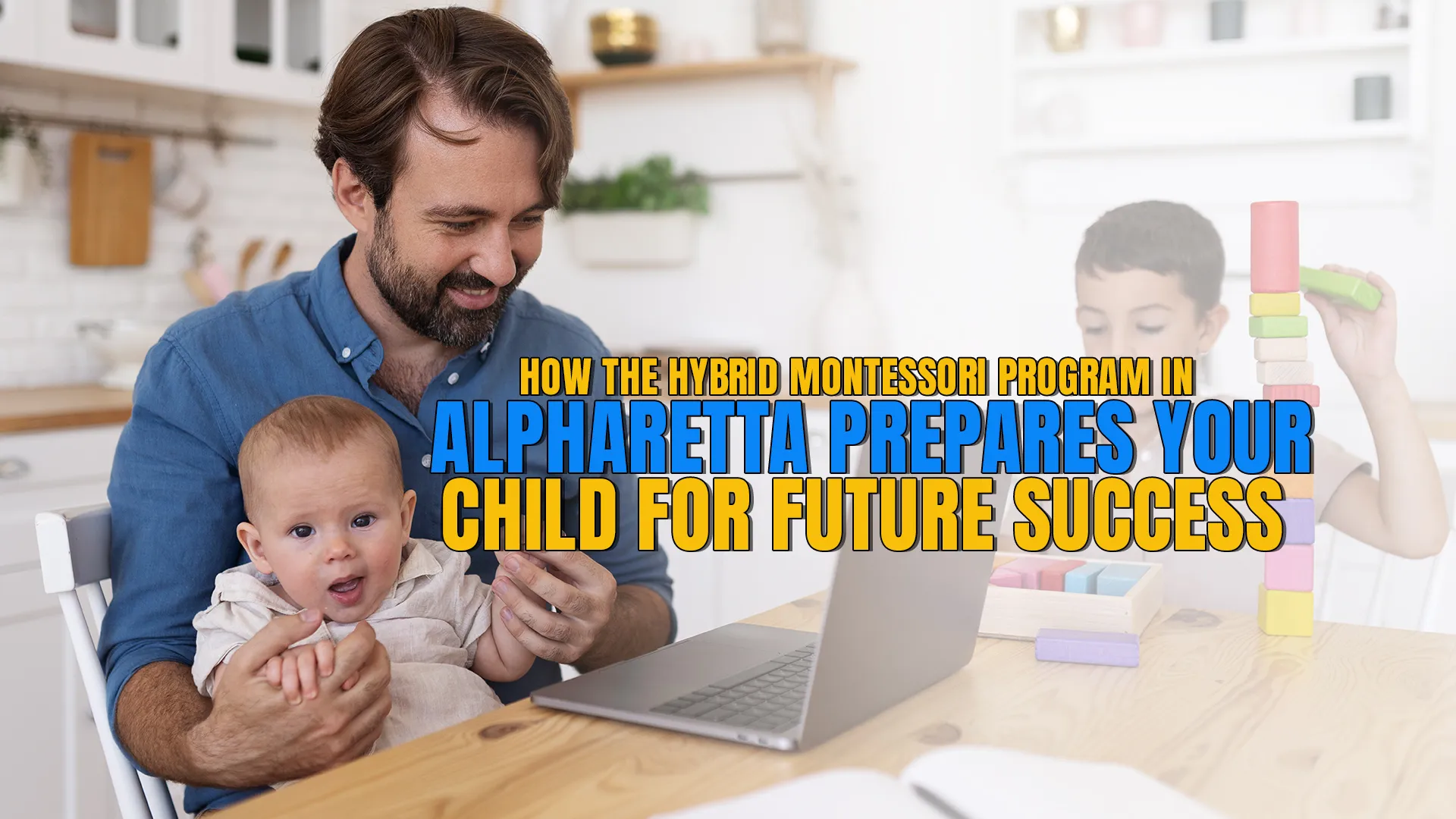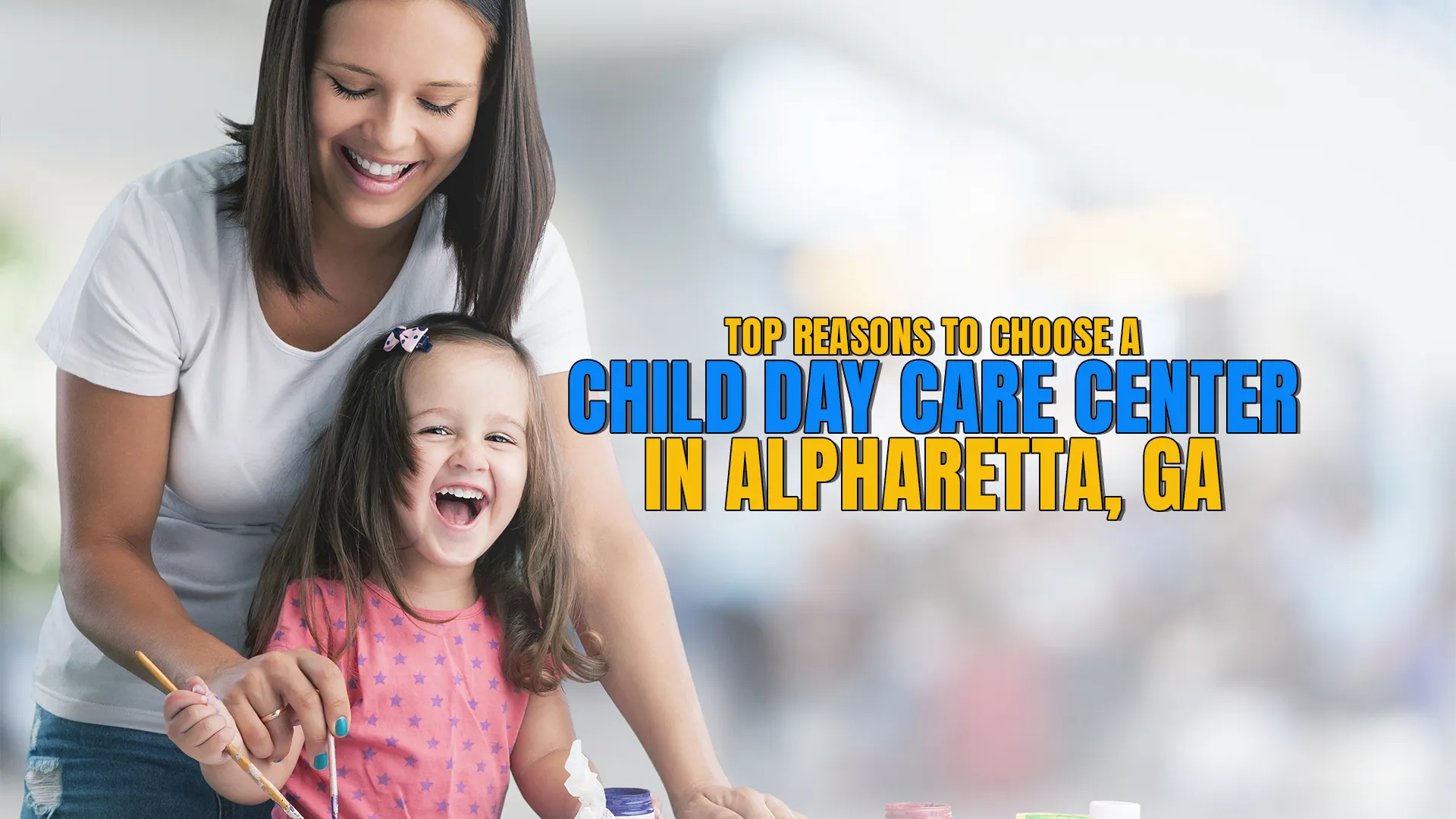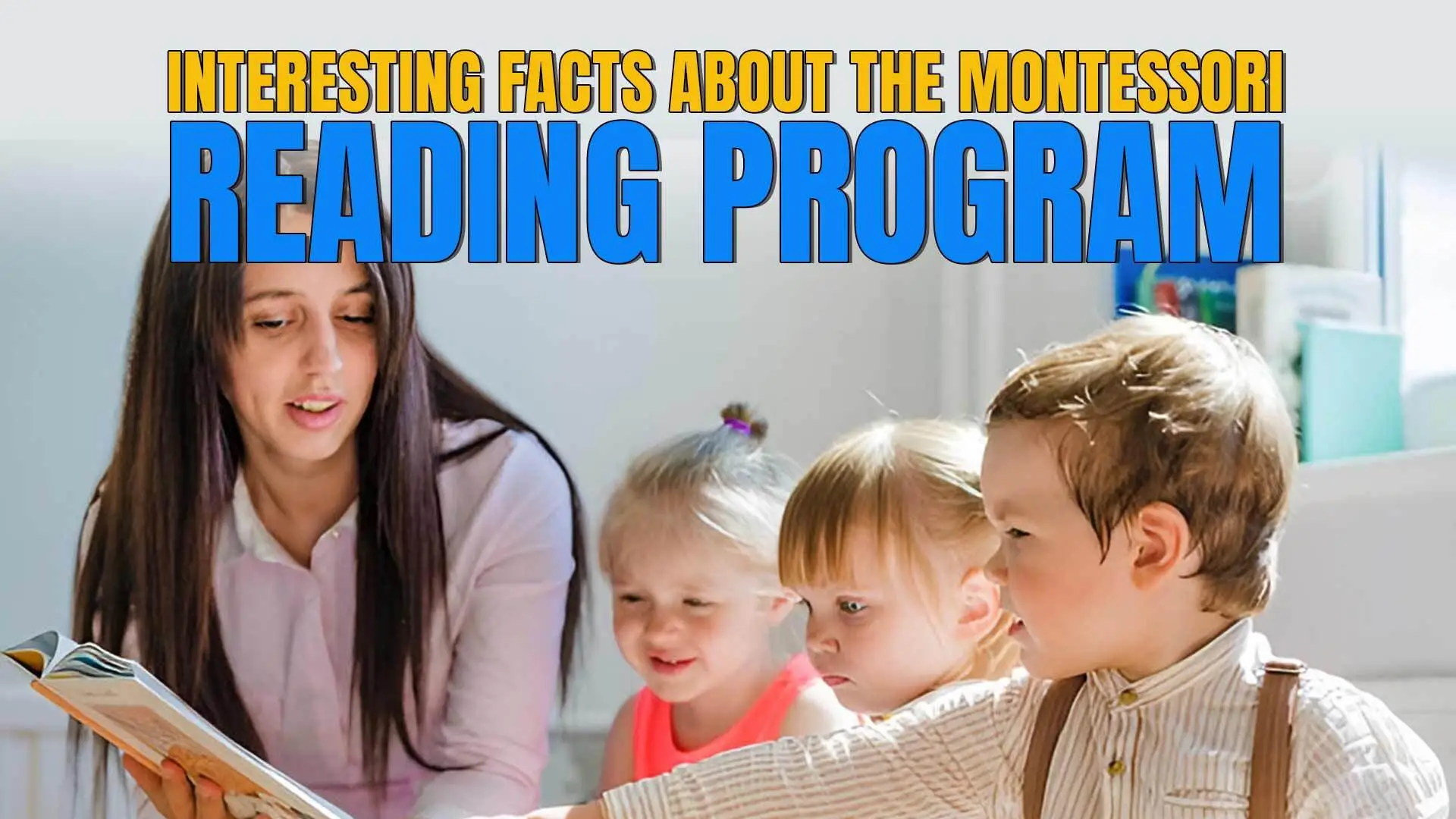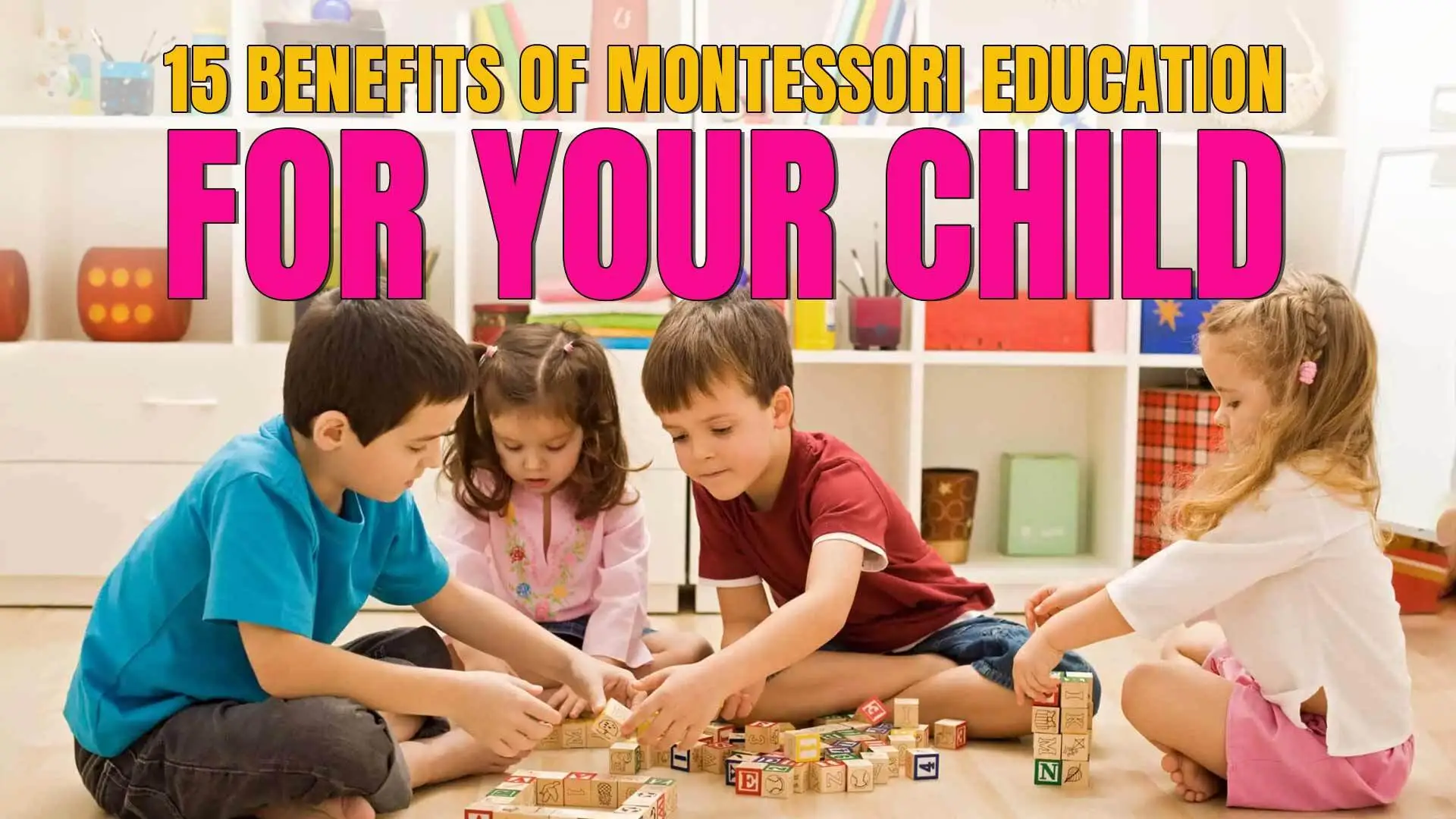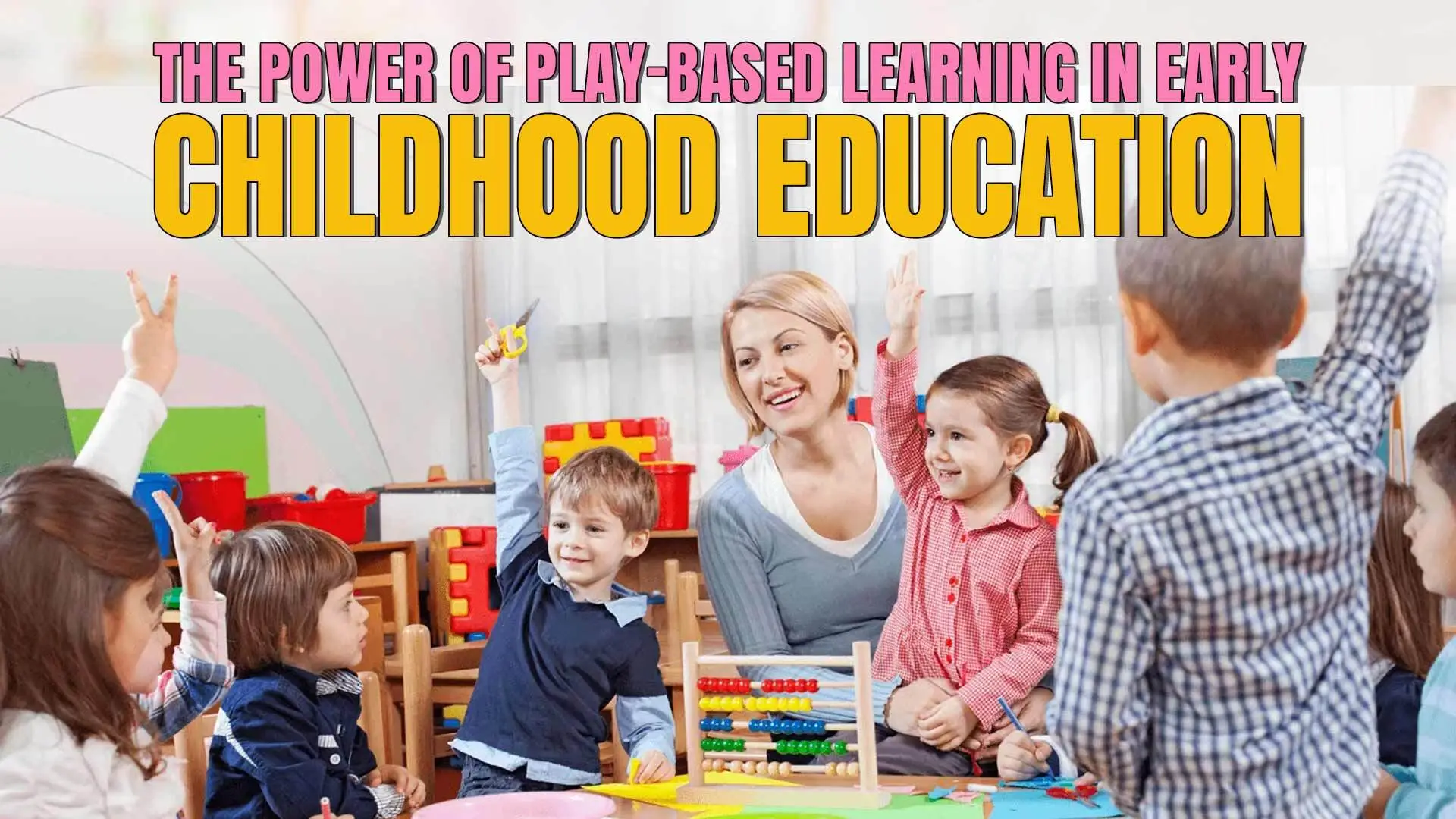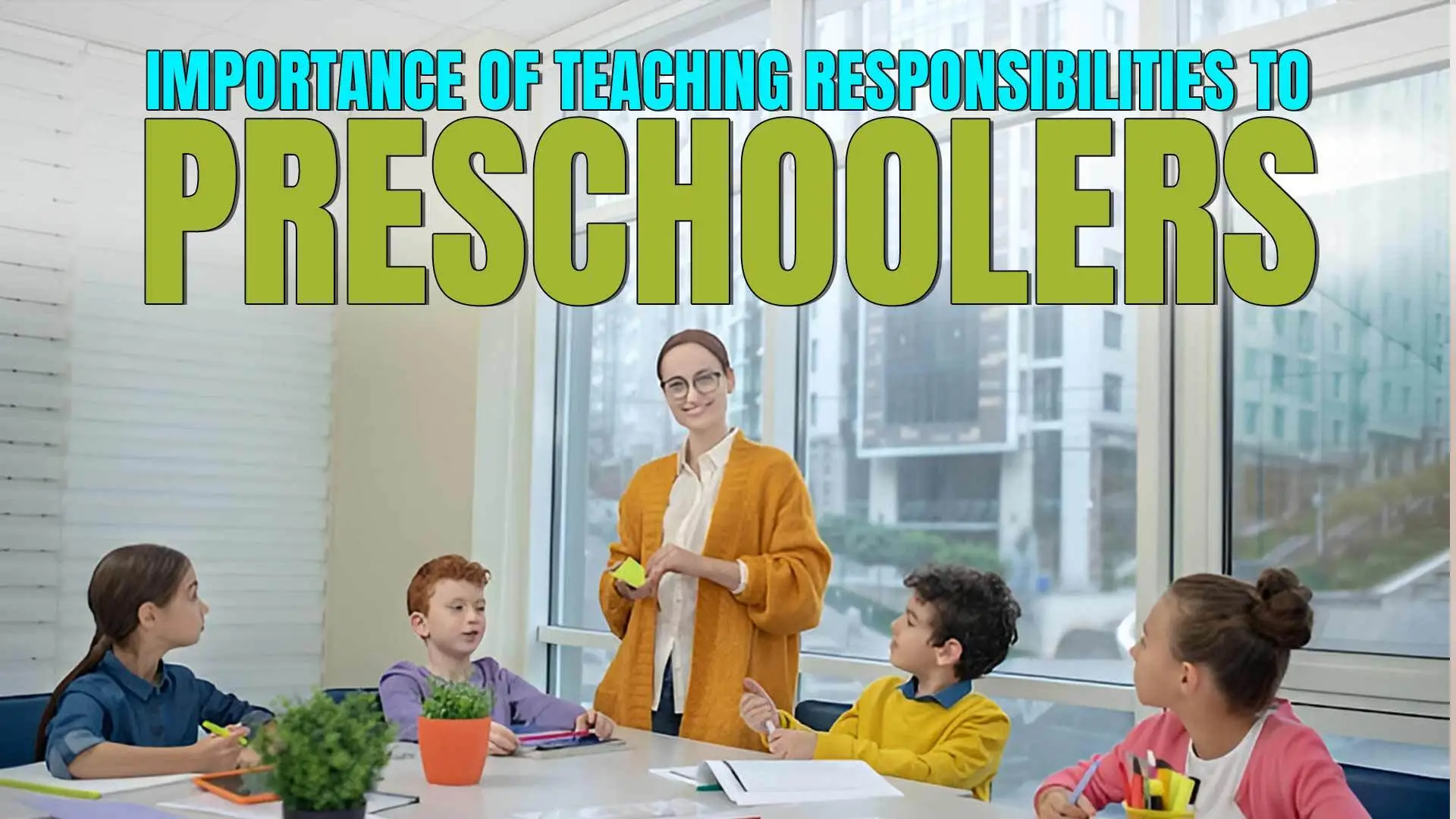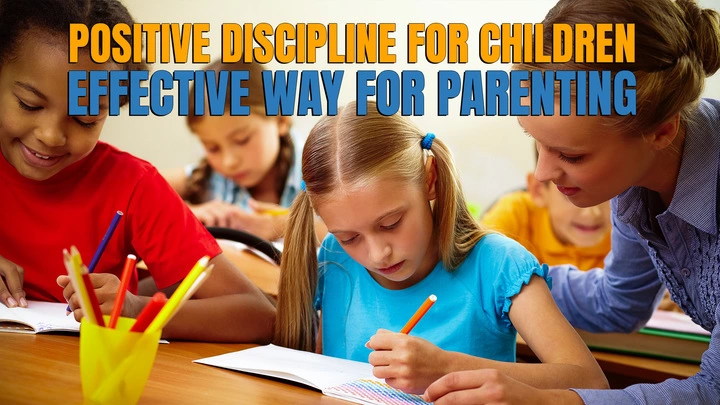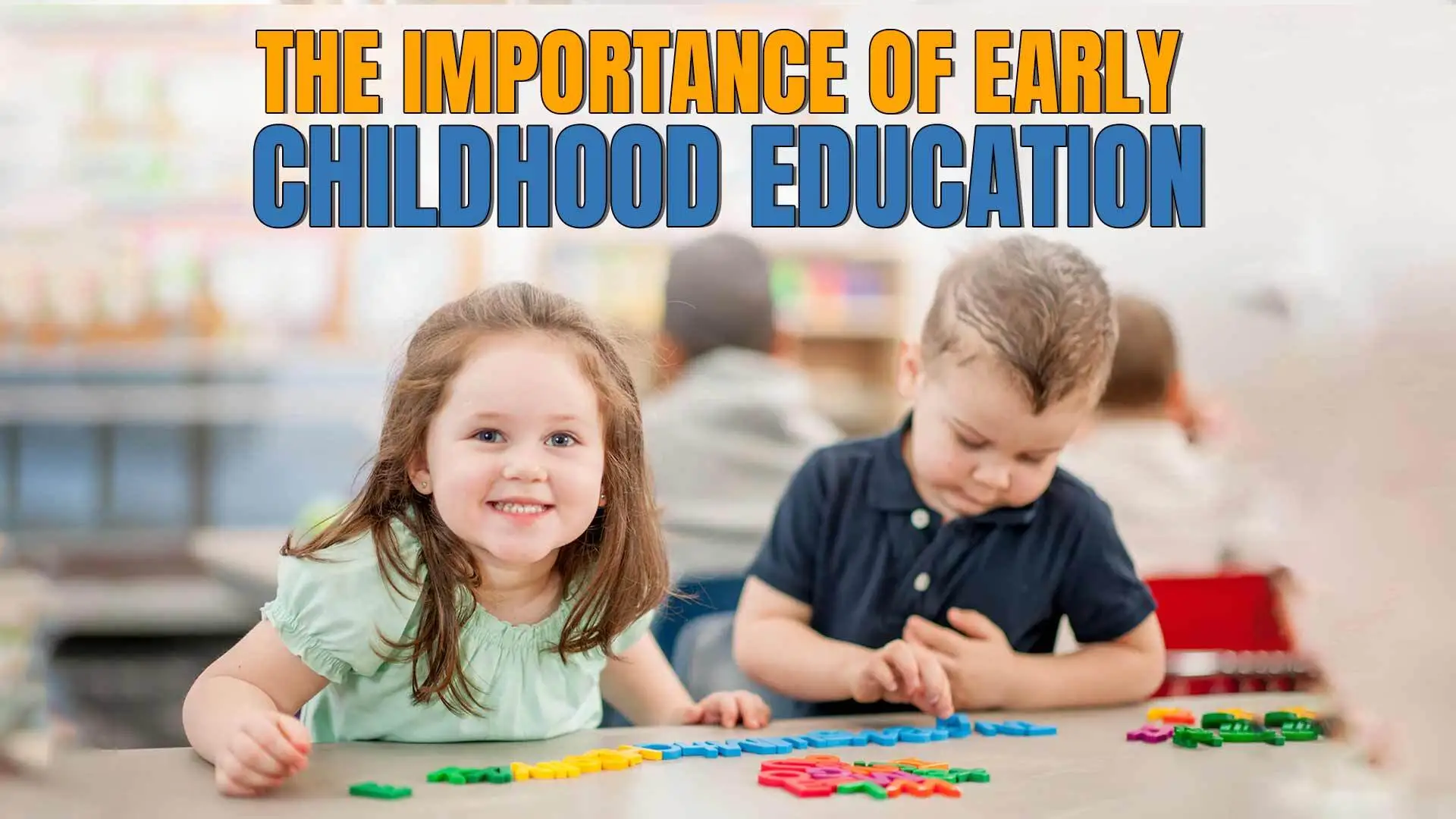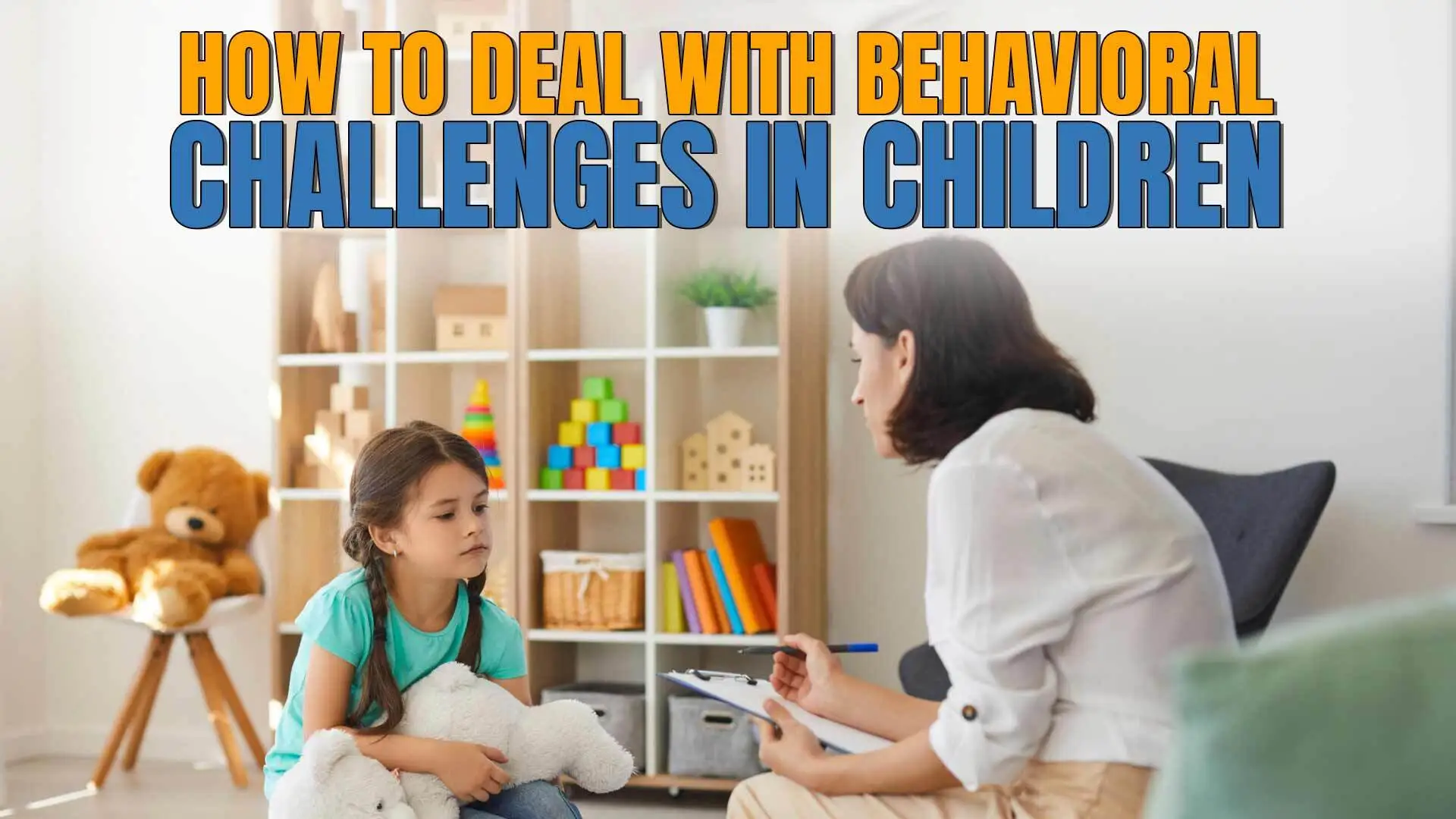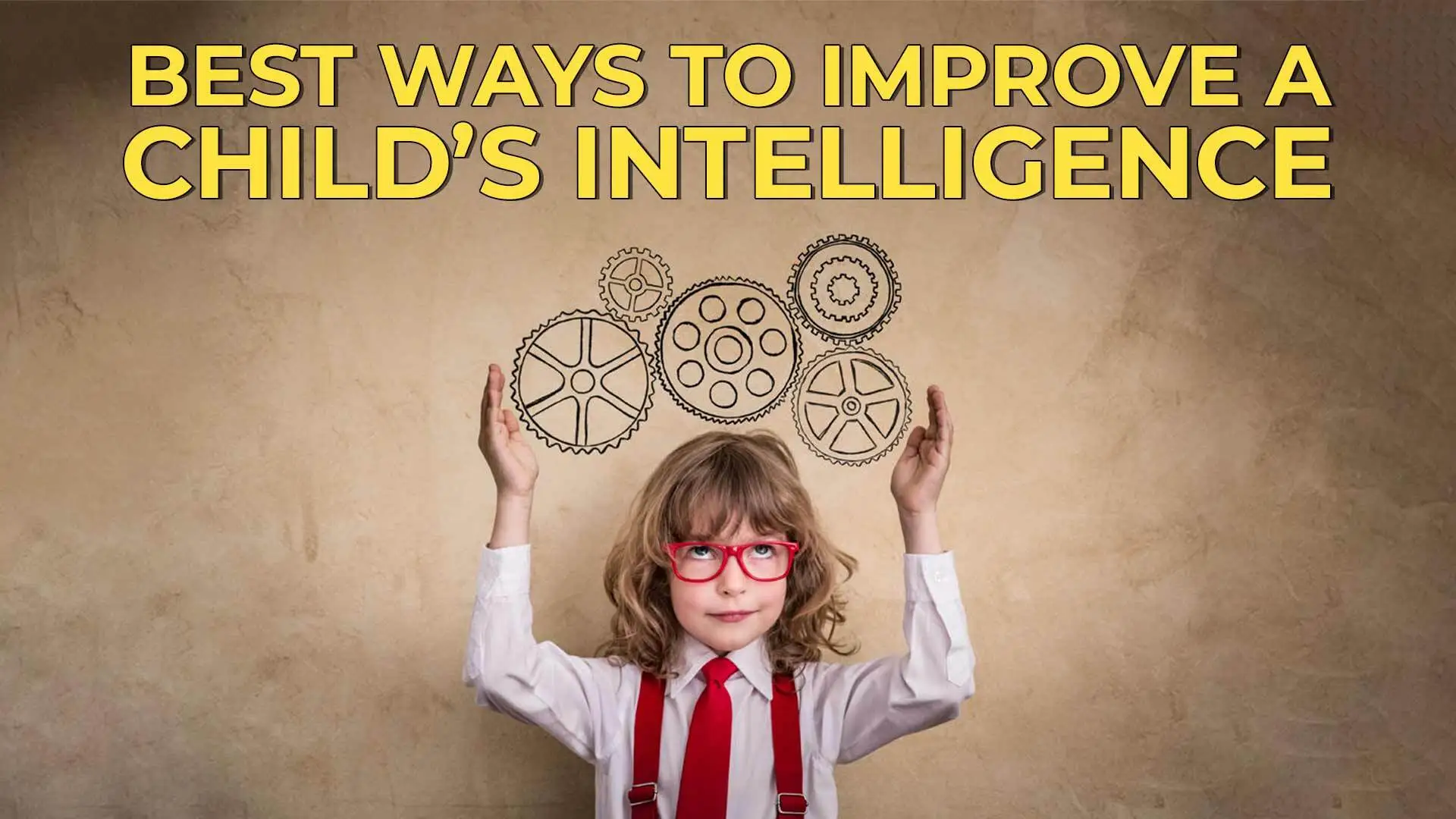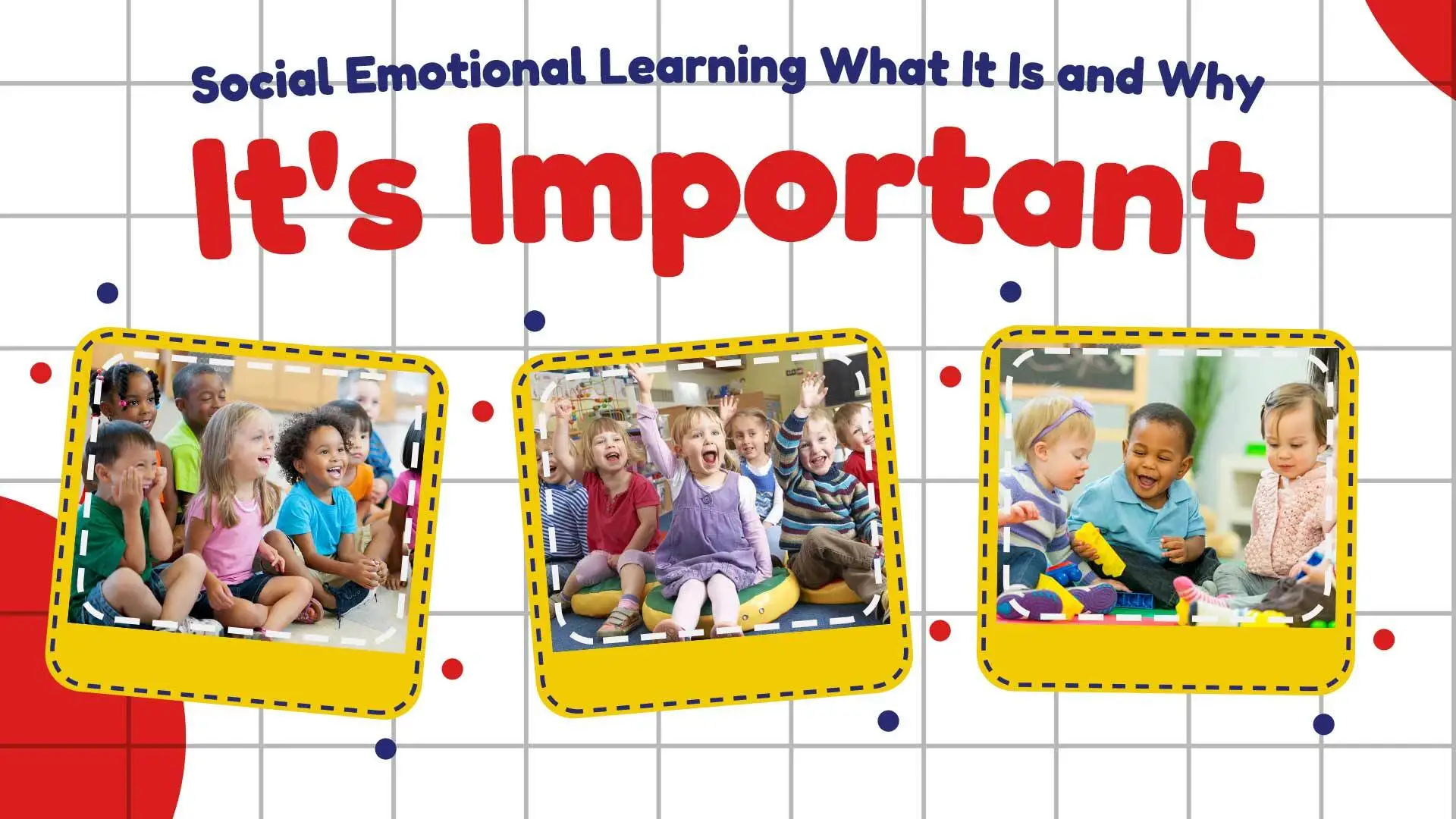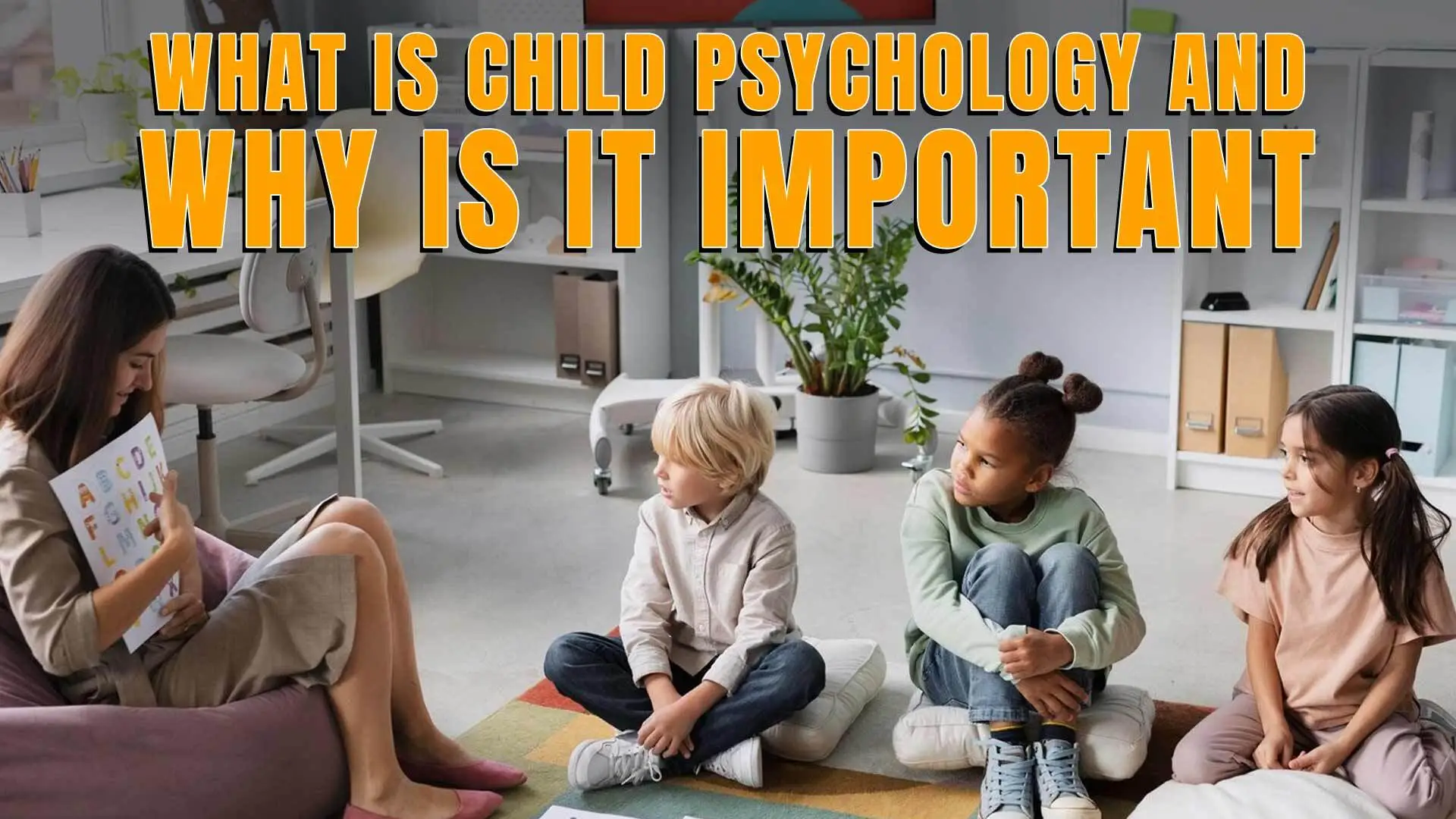Choosing a right preschool age is an important decision because it affects your child’s early development. Most parents have questions about the best age to start preschool, asking if their child is ready for some structure lessons. Since preschool forms the foundation of future academic excellence, it becomes vital to know the benefits and timing of early education.
At Creative Labs Center, we offer structured preschool programs designed to enhance cognitive, social, and emotional development. In this guide, we are going to help you get to understand the ideal preschool age, its benefits, and why signing your child at the right time can lay the building blocks for a lifelong success.
Table of Contents
ToggleUnderstanding the Ideal Preschool Age
It is suggested that a child attends preschool when he is between 3 to 5 years old, he goes when he has prepared for that period. Ideally, every child matures at different ages concerning his communicative and social maturity. When the child attains this age, he would normally possess some sort of language proficiency, gross and fine motor ability, and responsiveness to basic instruction in preparing him for the discipline of school life.
Some children may be overwhelmed with enrolling too early. Moreover, if there is a delay in attending preschool, it may lead to the failure of taking early childhood development advantages. A parent can decide only after they examine their child’s capacity on interacting with other peers, maintaining a specific routine, and expressing him or herself.
Best Age to Start Preschool: Factors to Consider
The best age to start preschool largely depends on the emotional readiness, social skills, and cognitive developments involved. Some of the considerations are highlighted as follows about whether your child is ready to start preschool:
1. Emotional and Social Readiness
Preschool makes the child feel comfortable in a group environment, respect the rules, and be friendly with other children. If your child is prone to separation anxiety, then they will need time to get used to school life. But with well-structured preschool programs, kids can learn independence and gain confidence in the social sphere as well over time.
2. Language and Communication Skills
Children can attend preschool if they can express their needs and understand basic instructions. If your child can talk on simple matters, follows simple instructions, and interacts with people, they are very likely to enjoy preschool.
3. Physical Development and Motor Skills
The fine and gross motor skills are also used in activities like drawing, playing with blocks, and running. If your child can hold a pencil, cut with scissors, or climb up the stairs so easily, then that means they may be ready in terms of body for preschool.
4. Interest in Learning and Exploration
It means that a child should be prepared for preschool if he likes storytelling, asks questions, and is interested in creative activities. Curiosity and enthusiasm in learning make this transition smooth and fun.
5. Ability to Follow a Routine
Preschool introduces structured schedules including playtime, learning sessions, and snack breaks. If your child can adjust to a routine at home daily, they will adapt well to a preschool environment as well.
Why is Preschool Important for Early Childhood Development?
Many ask, “Why is preschool important?” The answer lies in the role that shapes a child’s academic and social foundation. Preschool prepares the child psychologically for a smooth transition into kindergarten, and further and beyond, focusing on essential skills like:
1. Building Strong Social Skills
Preschool provides opportunities for children to interact with peers, learn teamwork, and develop empathy. Thus, these early social experiences help build confidence and emotional intelligence.
2. Cognition and Language Development:
Storytelling, singing songs, and playful lessons enable them to acquire a vocabulary and meaning as well as problem-solving. Exposure of preschool benefits in a structured activity contributes to developing literacy and math early skills.
3. Creativity and Imagination
Creative skills like playing artistic, musical, and imaginative play enable a child to express his or her works and interests. Preschool programs are very crucial in ensuring a child questions and thinks critically for future academic success.
4. Preparation toward Preschool or Kindergarten.
A preschool bridges home life and school life, with children getting accustomed to schools, rules in the classroom, and learning expectations. All this cuts down on anxiety and gets a child ready for school.
Final Thoughts
Choosing the ideal preschool age is a very crucial step in the educational journey of your child. The best time to start at preschool varies for different children, though most of them will enjoy starting between 3 to 5 years of age. Parents have to judge the social, emotional, and cognitive growth of their child before they are enrolled into a preschool program.
If you are looking for quality preschool programs for nurturing and educational development, look no further than the Creative Labs Center. Enroll your child today and give them the best start for a successful future!
